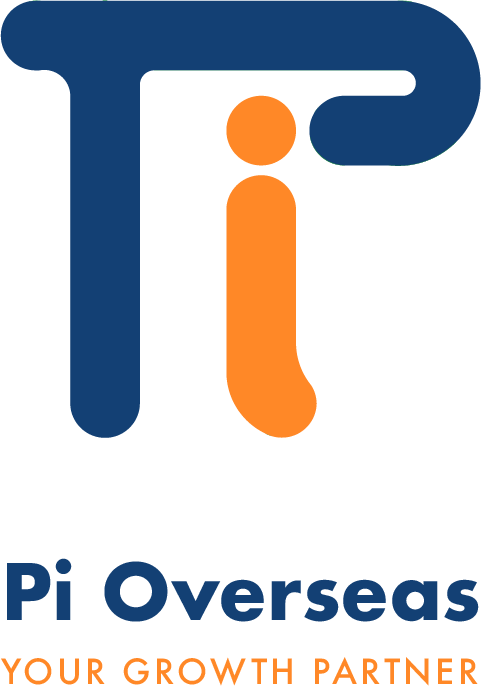Here is a guide containing general information that everyone should know before travelling to Canada.
As we all know that Canada has now started to ease travel restrictions starting from July 5, 2021.
Fully vaccinated candidates are now exempted from border restrictions and can also skip quarantine as well. Canada has also removed the eight-day rule as well. The candidates are also relieved from waiting for their test results awaiting in a government authorized hotel if they are travelling by air.
However, children and dependents who are not fully even though they are travelling with a fully vaccinated person, have to stay in quarantine for 14 days. But they have do not have to be get quarantined in a hotel.
In order to be eligible for the new measures, fully vaccinated candidates must not have any symptoms of COVID-19. The candidate is still required to do pre-arrival and on arrival testing. The travellers are also requested to submit all the pre-requisite documents to ArriveCAN before travelling. They must carry a digital or paper copy of the vaccination and also a quarantine plan.
Candidates who have received a positive report must submit a report of the test taken between 14 and 90 days before the time of departure.
The travel restrictions are still intact for those who have not received a full dose of the approved vaccine. The border is opened for approved permanent residents only, non-essentials travellers are still not permitted to enter Canada. The border restrictions are currently in place till July 21, 2021, as per the previous announcement.
There are a certain number of exemptions to the travel restrictions. The candidate may be exempt from these restrictions if they are Canadian citizens, permanent residents, or family members of one. Apart from these circumstances, the candidate can also travel to Canada if they are international students or temporary foreign workers. Canada also allows candidates who are coming for some compassionate reasons like funerals. The government of Canada is offering an online tool in order to know whether the candidate is eligible to cross the border.
Information On Fully Vaccinated Travellers
If the candidate is willing to be considered to be fully vaccinated by Canadian Authorities, then they must receive the desired dose of the approved vaccine at least 14 days prior the arrival in Canada. The manufacturing of the vaccine must also be from the approved list of companies as well. As of now, the companies allowed by the Canadian government are:
Pfizer
Moderna
AstraZeneca/COVISHIELD
Janssen (Johnson & Johnson)
The government of Canada has announced that they will update the website with the more approved vaccines in the coming future.
The candidates can take a vaccine in the country of their staying if they have received a dose of the approved vaccine. The Proof of Vaccination must be in either English or French or may come with a certified translation.
Given below is the list of vaccines that are currently being accepted by Canada Immigration authorities:
Approved Vaccines:
Moderna (mRNA-1273)
AstraZeneca (Vaxzevria, AZD1222, Covishield)
Pfizer (Comirnaty, tozinameran, BNT162b2)
Janssen (Johnson & Johnson) – single dose
Not approved Vaccines (currently):
Cansino (Convidecia, Ad5-nCoV)
Gamalaya (Sputnik V, Gam-Covid-Vac)
Bharat Biotech (Covaxin, BBV152 A, B, C)
Sinopharm (BBIBP-CorV, Sinopharm-Wuhan)
Vector Institute (EpiVacCorona)
Sinovac (CoronaVac, PiCoVacc)
Other
Information For Not Fully Vaccinated Candidates
There is currently no change in rules for the candidates who are not fully vaccinated. They are required to follow the necessary testing and quarantine rules imposed by the Canadian authorities. If they are planning to arrive by air, then they must stay the recommended quarantine period in an approved government hotel and wait for the on-arrival COVID test results.














0 Comments